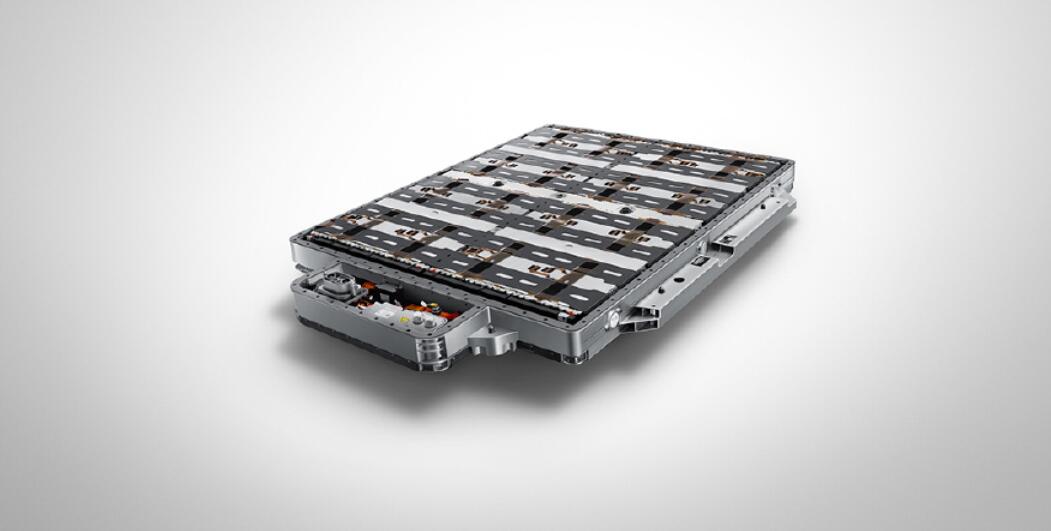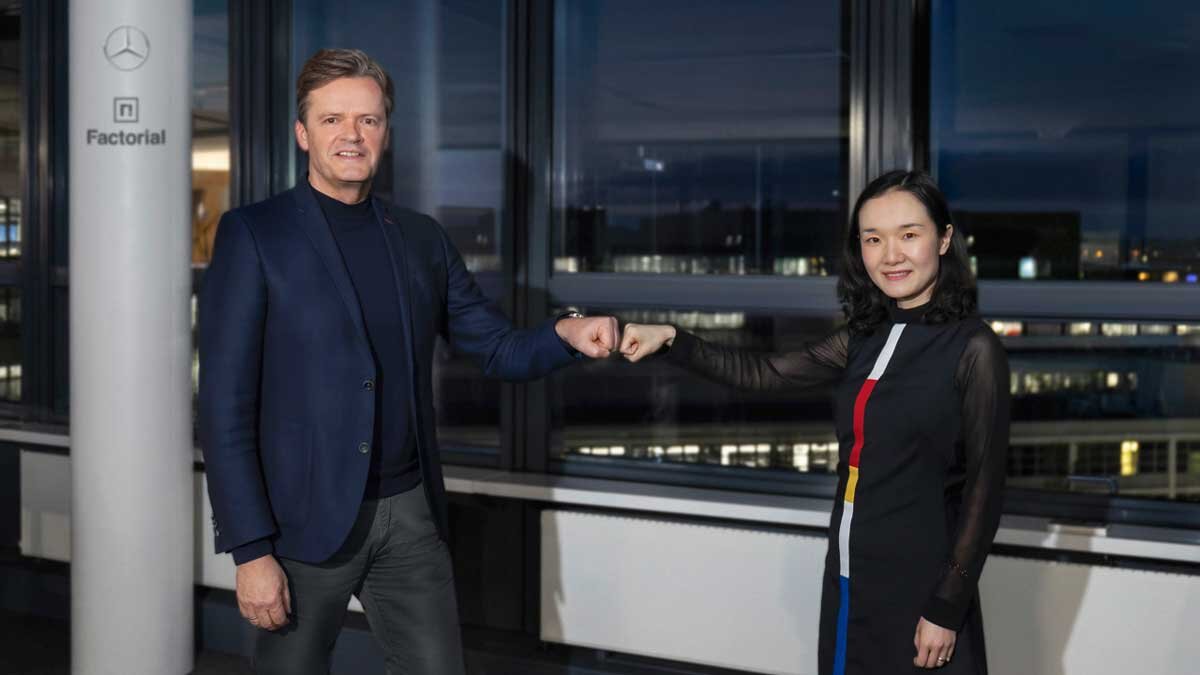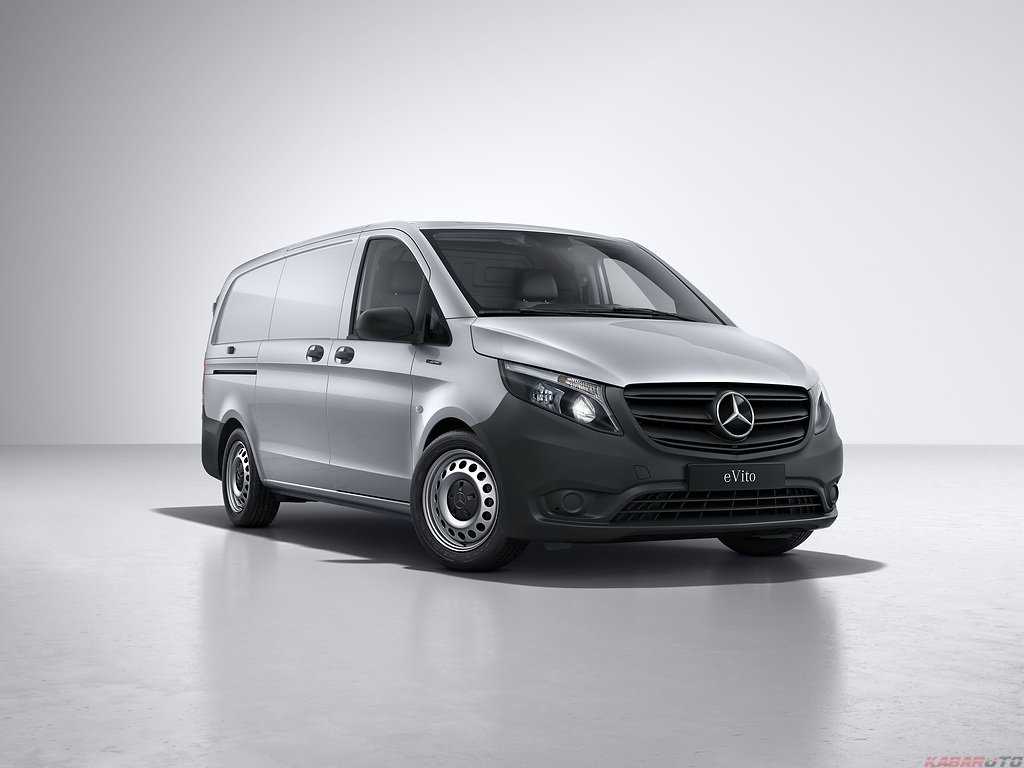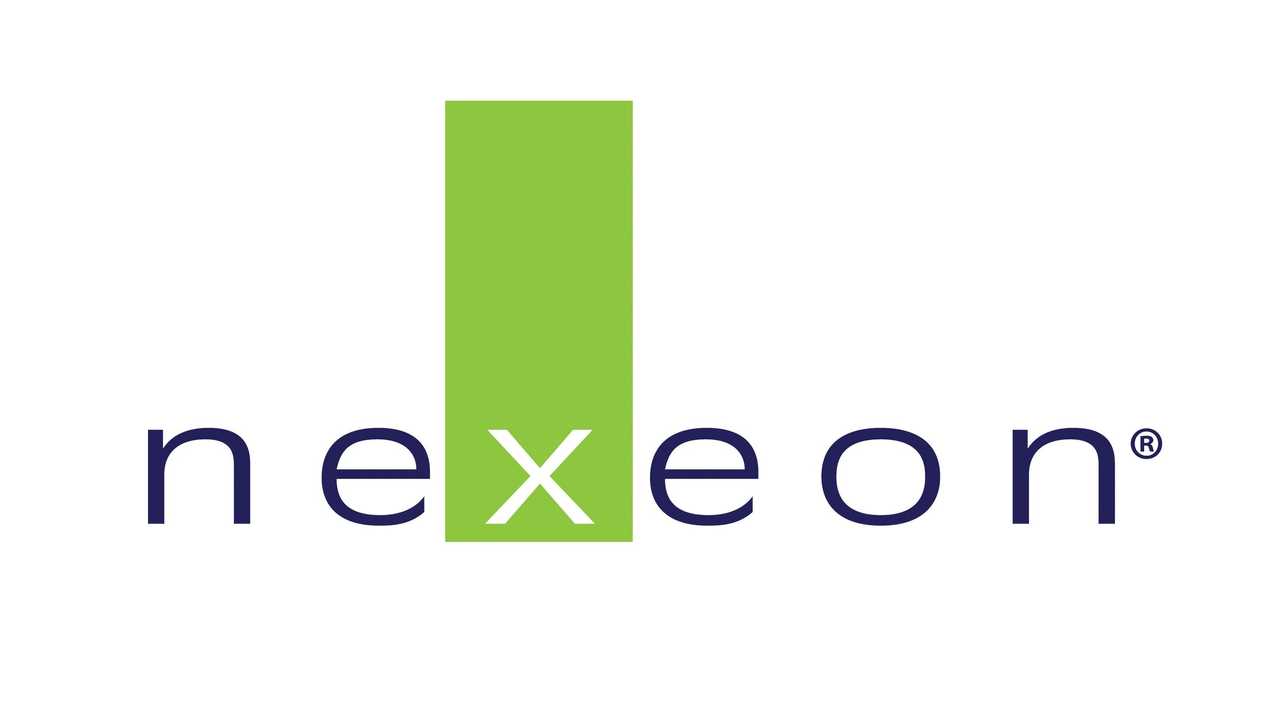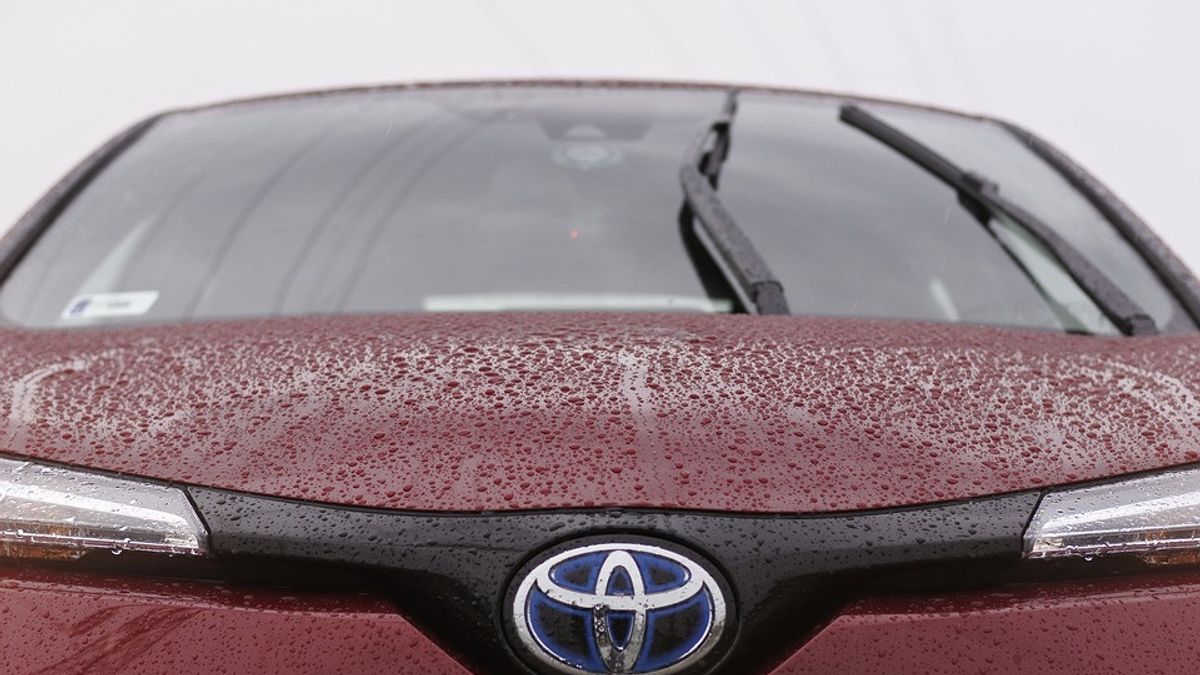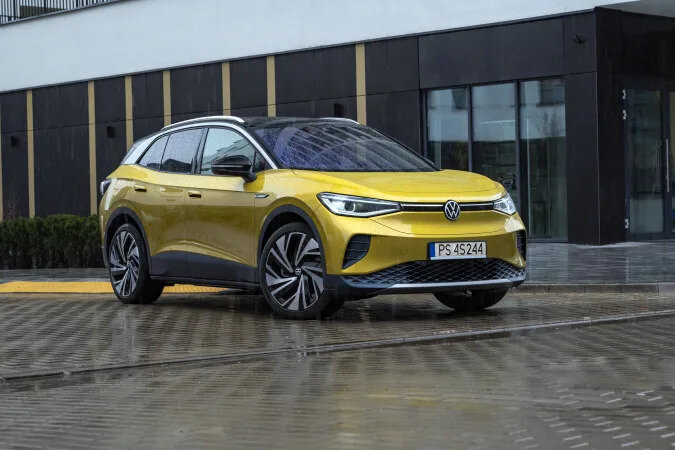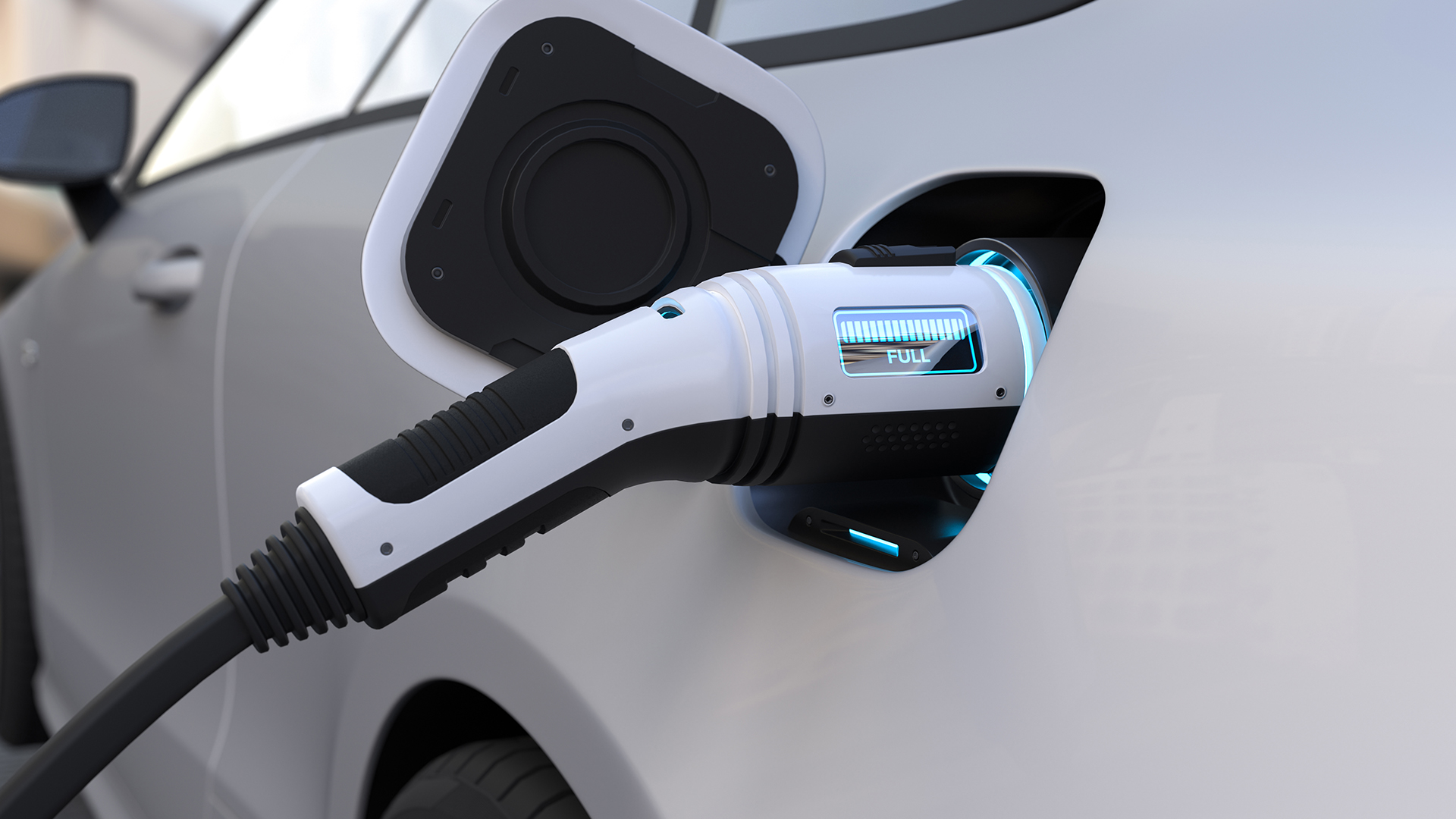A team of Chinese researchers has introduced a novel, eco-friendly method for recycling NCM (nickel, cobalt, manganese) lithium-ion batteries using citric acid. This innovative process offers an energy-efficient and environmentally sustainable alternative to traditional recycling techniques, as detailed in the journal Angewandte Chemie.
The researchers, representing institutions including the China University of Mining and Technology and Tsinghua University, devised a method that uses minimal citric acid to extract over 99% of lithium, nickel, cobalt, and manganese from NCM cathodes.
The process eliminates the need for additional chemicals, reducing both energy consumption and carbon emissions compared to conventional hydrometallurgical methods. The reclaimed material can be directly repurposed into high-quality NCM electrodes, creating a closed-loop recycling process.
NCM batteries, widely used in electric vehicles and mobile devices, are known for their limited lifespan and challenging recycling requirements. Dr. Ruiping Liu, who led the study, noted that conventional methods are not only energy-intensive but also yield lower-quality recovered materials. By contrast, this citric acid-based approach simplifies the recycling process while minimizing environmental hazards.
This breakthrough could significantly impact the recycling of lithium-ion batteries, providing a cost-effective and sustainable solution to address the growing demand for materials in the battery industry.

